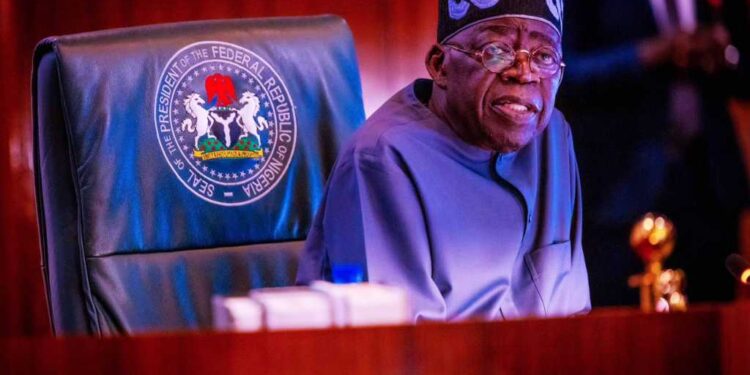The FEC has approved $618 million for six fighter jets and ₦740 billion for road projects, boosting Nigeria’s military and infrastructure.
The Federal Executive Council (FEC) has greenlit a substantial loan of approximately $618 million from a consortium of financiers to acquire six fighter aircraft and ammunition for the Nigerian Air Force.
The announcement was made by the Minister of Information and National Orientation, Mohammed Idris, during a press briefing in Abuja following the FEC meeting led by President Bola Tinubu.
Also read: OPINION: NFF, It is Time to Support Coach Waldrum’s Project
In addition to the military procurement, the FEC has allocated ₦740 billion for the Berger stretch of the Abuja-Kano road, as part of broader infrastructure enhancements across the nation.
Idris, standing in for Finance Minister Wale Edun, who is currently abroad, outlined the council’s various approvals.
Among the key decisions, the FEC approved several contracts for the Nigerian Customs Service and an agreement aimed at eliminating double taxation on income with Hong Kong.
Furthermore, a credit facility of €443 million and an additional $141 million were sanctioned for the procurement of the M346 fighter jets.
Earlier this month, the Nigerian Air Force announced plans to acquire 24 M-346 combat jets and 10 AW109 Trekker helicopters as part of its fleet renewal strategy.
The first three M-346 jets are anticipated to arrive by early 2025, with subsequent deliveries planned until mid-2026.
The council also approved the establishment of a Creative Economy Fund to bolster Nigeria’s creative sector. Minister of Arts, Culture, Tourism, and Creative Economy, Hannatu Musawa, elaborated that this fund would enable stakeholders in the creative industry to access funding using intellectual property as collateral.
She highlighted the absence of foundational structures in the creative economy and the government’s commitment to developing policies that would facilitate economic growth and job creation, particularly for the youth.
Additionally, the Minister of Works, Dave Umahi, outlined the government’s strategy to manage the extensive backlog of infrastructure projects.
Major rehabilitation work is underway on the Shagamu-Benin road, while construction of the Sokoto-Badagry road will commence soon.
Umahi stated that the FEC has approved advanced payment mechanisms to address rising costs due to fluctuating exchange rates and inflation.
In a related development, the Minister of State for Petroleum Resources, Ekperikpe Ekpo, informed the press about the government’s plan to convert fuel stations nationwide into compressed natural gas (CNG) dispensing points, making the alternative fuel more accessible. The shift to CNG, he noted, is both cost-effective and environmentally friendly.
In an effort to strengthen Nigeria’s educational foundation, the council has also approved the printing of one million science textbooks to support public secondary schools.
The initiative, led by the Petroleum Technology Development Fund (PTDF), aims to enhance students’ proficiency in critical subjects like physics, chemistry, biology, mathematics, and computer science.
These textbooks will be distributed to 774 local government areas and various special schools across the country.
Through these initiatives, the FEC demonstrates a concerted effort to modernise the military, improve infrastructure, and invest in the country’s creative and educational sectors, fostering a more robust economy.









